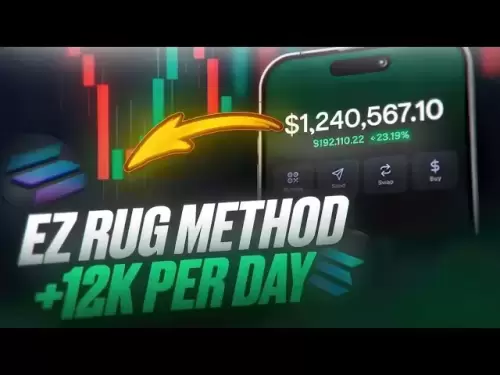-
 Bitcoin
Bitcoin $108,703.4836
0.45% -
 Ethereum
Ethereum $2,576.6839
1.58% -
 Tether USDt
Tether USDt $1.0001
0.00% -
 XRP
XRP $2.2924
-0.87% -
 BNB
BNB $660.2136
0.01% -
 Solana
Solana $151.4729
-0.29% -
 USDC
USDC $1.0000
0.00% -
 TRON
TRON $0.2866
0.04% -
 Dogecoin
Dogecoin $0.1698
0.82% -
 Cardano
Cardano $0.5831
0.13% -
 Hyperliquid
Hyperliquid $37.9814
-3.97% -
 Bitcoin Cash
Bitcoin Cash $503.9489
1.93% -
 Sui
Sui $2.8994
0.74% -
 Chainlink
Chainlink $13.5429
0.38% -
 UNUS SED LEO
UNUS SED LEO $9.0693
-0.19% -
 Stellar
Stellar $0.2524
0.15% -
 Avalanche
Avalanche $18.1959
1.02% -
 Shiba Inu
Shiba Inu $0.0...01180
1.48% -
 Toncoin
Toncoin $2.7601
-0.76% -
 Hedera
Hedera $0.1606
0.96% -
 Litecoin
Litecoin $86.6105
0.26% -
 Monero
Monero $315.7691
-0.56% -
 Polkadot
Polkadot $3.3911
0.25% -
 Dai
Dai $1.0001
0.03% -
 Ethena USDe
Ethena USDe $1.0002
0.02% -
 Bitget Token
Bitget Token $4.3076
-0.05% -
 Uniswap
Uniswap $7.5901
3.66% -
 Aave
Aave $288.0954
0.35% -
 Pepe
Pepe $0.0...01002
1.64% -
 Pi
Pi $0.4578
0.09%
How to verify the validity of an Ethereum wallet address?
Verify Ethereum addresses by visually inspecting for "0x" prefix and alphanumeric characters, using exchange tools for checksum validation, and checking blockchain explorers like Etherscan for transaction history. Never rush; irreversible loss is possible with errors.
Mar 25, 2025 at 12:07 pm
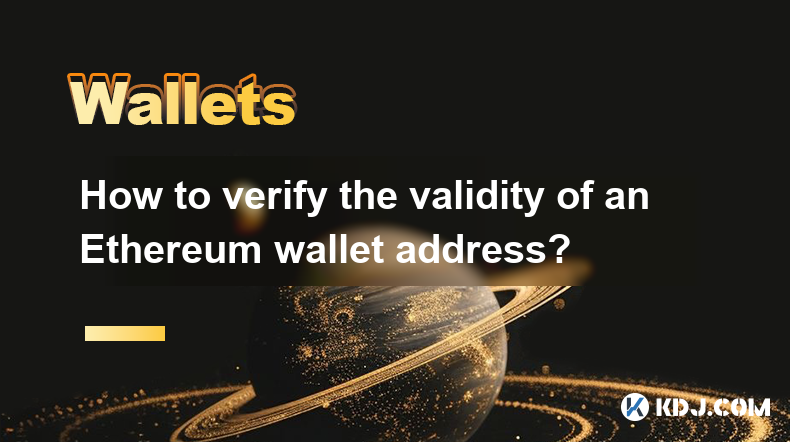
How to Verify the Validity of an Ethereum Wallet Address?
Verifying the validity of an Ethereum wallet address is crucial to prevent sending your funds to the wrong recipient, resulting in irreversible loss. A seemingly minor typo can lead to significant financial consequences. This article will explore various methods for ensuring you're interacting with a legitimate Ethereum address.
First, understand that an Ethereum address is a unique identifier, typically a 42-character alphanumeric string beginning with "0x". This address represents a specific account on the Ethereum blockchain. Simply possessing a string of characters that looks like an address doesn't guarantee its validity. It must correspond to an actual account on the network.
One of the simplest methods is visual inspection. Check for any typos or inconsistencies. A valid address will always start with "0x" and contain only alphanumeric characters (0-9 and a-f). Any other characters indicate an invalid address. Pay close attention to each character; a single misplaced digit or letter renders the address unusable.
Many cryptocurrency exchanges and wallet providers offer address validation tools. These tools often perform checksum validation. This process involves checking a built-in error-detection mechanism within the address format. If the checksum doesn't match, the address is invalid. Look for this functionality within your chosen platform's interface. This is usually integrated into the send/receive function itself.
Blockchain explorers are invaluable resources for verifying Ethereum addresses. Websites like Etherscan allow you to input an address and check its existence on the Ethereum blockchain. If the address is valid, the explorer will display transaction history, balance, and other relevant information associated with that account. The absence of any data suggests the address is invalid or hasn't been used yet.
Using a third-party address validator can offer an extra layer of security. Numerous online tools are available, specifically designed to validate Ethereum addresses. These tools often combine checksum verification with blockchain lookup, providing a more comprehensive check. Always exercise caution when using third-party tools and ensure you're using a reputable source.
Beyond the technical aspects, context is vital. Always verify the address through multiple channels if possible. If you're receiving an address from an email, cross-reference it with the sender's official website or social media. Be wary of unsolicited requests for cryptocurrency; never send funds unless you are absolutely certain of the recipient's identity and address validity.
Consider the source of the address. If you received it through an unofficial channel, such as an unsolicited email or message, treat it with extreme caution. Legitimate businesses and individuals will usually provide clear and reliable ways to verify their payment information. Never send funds based solely on an address you've received through untrusted means.
Remember, the consequences of sending funds to an invalid address are severe. Cryptocurrency transactions are irreversible. Always double- and triple-check the address before initiating any transfer. Taking the time to validate the address is a small price to pay for the security of your funds. Carelessness can lead to permanent loss.
While tools and methods exist to verify an address, human error remains a significant factor. Always maintain a meticulous and cautious approach when handling Ethereum addresses. A thorough verification process is paramount to secure your cryptocurrency holdings. Never rush the process.
Common Questions:
Q: What happens if I send ETH to an invalid address?
A: The ETH will be lost permanently. There's no way to recover funds sent to an incorrect or non-existent address.
Q: Can I recover ETH sent to an invalid address?
A: No. Ethereum transactions are irreversible. Once sent, the funds are gone.
Q: Are all 42-character strings starting with "0x" valid Ethereum addresses?
A: No. While they might look like valid addresses, they need to pass checksum validation and exist on the blockchain to be considered valid.
Q: What is a checksum in the context of Ethereum addresses?
A: It's an error detection code built into the address format. It helps prevent typos from causing funds to be sent to the wrong address.
Q: Why should I use a blockchain explorer?
A: Blockchain explorers provide independent verification of the address's existence and transaction history, adding an extra layer of security to the verification process.
Q: What if the blockchain explorer shows no transactions for the address?
A: This might indicate the address is either new (and hasn't received any transactions yet) or invalid. Further verification steps are necessary.
Disclaimer:info@kdj.com
The information provided is not trading advice. kdj.com does not assume any responsibility for any investments made based on the information provided in this article. Cryptocurrencies are highly volatile and it is highly recommended that you invest with caution after thorough research!
If you believe that the content used on this website infringes your copyright, please contact us immediately (info@kdj.com) and we will delete it promptly.
- BlockDAG Scores Big with Sports Deals, While Toncoin Price Aims High and PEPE Feels the Pinch
- 2025-07-09 07:10:12
- Bitcoin, Fox Business, and Scarcity: A Wild West Gold Rush?
- 2025-07-09 06:50:12
- Cryptos Bullish Setup: Is Ripple (XRP) Ready for a Massive Rally?
- 2025-07-09 06:50:12
- Tether, Crystal Intelligence, and Stablecoin Oversight: A New Era of Transparency?
- 2025-07-09 07:10:12
- BioSig, Gold Tokenization, and Financing: A New Gold Rush?
- 2025-07-09 07:15:12
- Hedera Price Breakout Watch: Will HBAR Rally to $0.17?
- 2025-07-09 07:50:12
Related knowledge
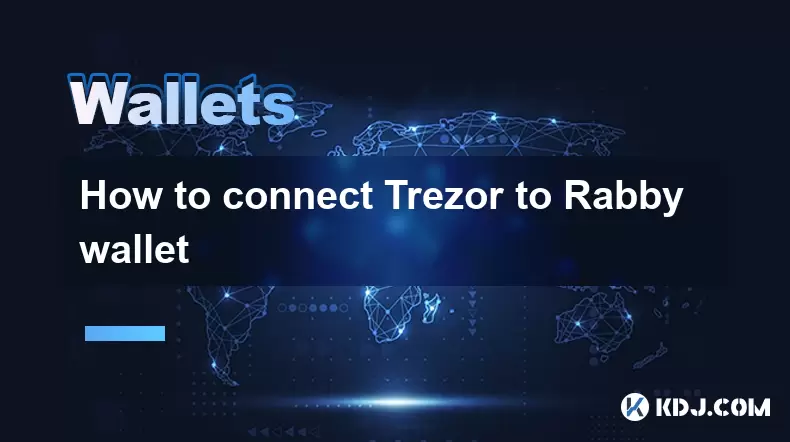
How to connect Trezor to Rabby wallet
Jul 09,2025 at 05:49am
What Is Trezor and Rabby Wallet?Trezor is a hardware wallet developed by SatoshiLabs that allows users to securely store their cryptocurrency assets o...
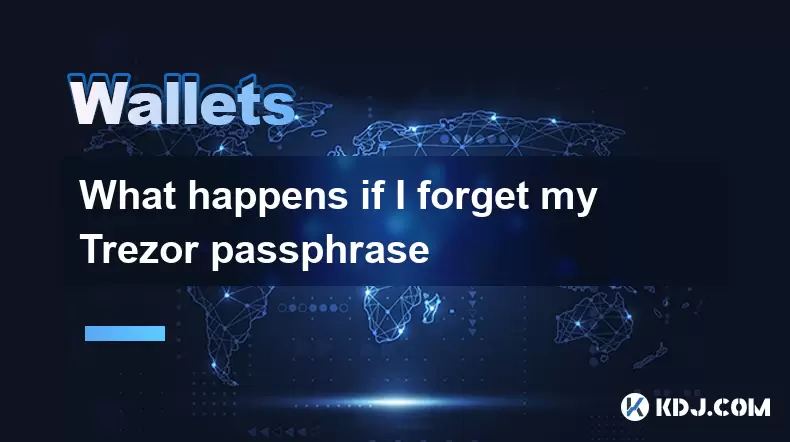
What happens if I forget my Trezor passphrase
Jul 09,2025 at 03:15am
Understanding the Role of a Trezor PassphraseIf you use a Trezor hardware wallet, you may have set up a passphrase as an extra layer of security beyon...
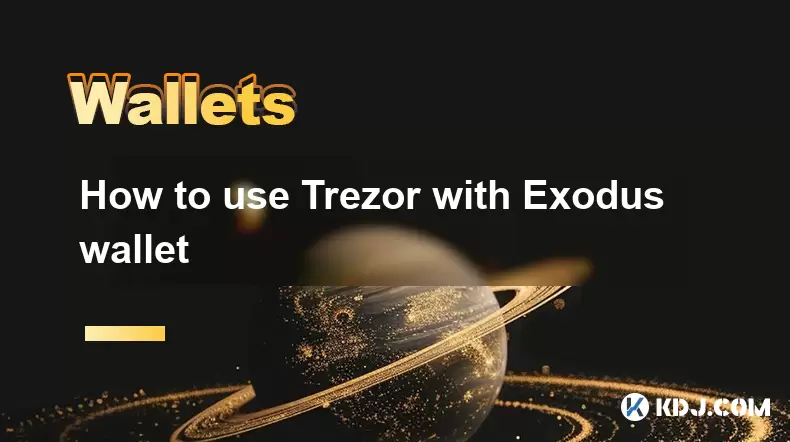
How to use Trezor with Exodus wallet
Jul 09,2025 at 12:49am
Connecting Trezor Hardware Wallet to Exodus Software WalletTo use Trezor with Exodus wallet, users need to connect the hardware wallet to the software...
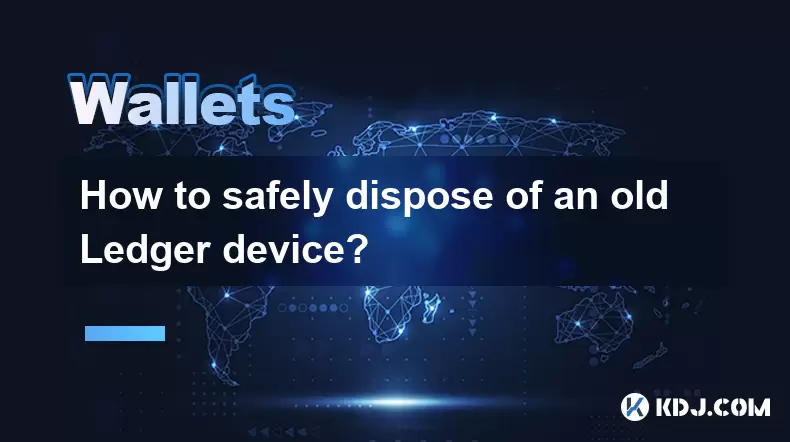
How to safely dispose of an old Ledger device?
Jul 09,2025 at 06:57am
Understanding the Risks of Disposing of a Ledger DeviceWhen you decide to dispose of an old Ledger device, it's important to understand that this is n...
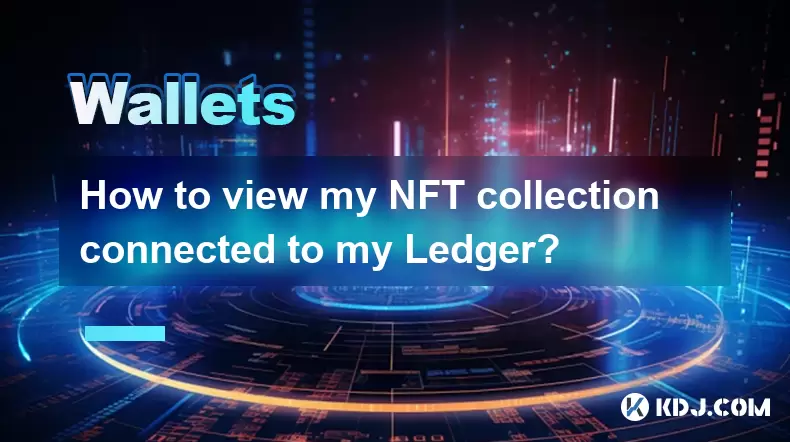
How to view my NFT collection connected to my Ledger?
Jul 09,2025 at 07:35am
Understanding NFTs and Ledger Wallet IntegrationNon-Fungible Tokens (NFTs) have become a popular way to represent ownership of digital assets on the b...
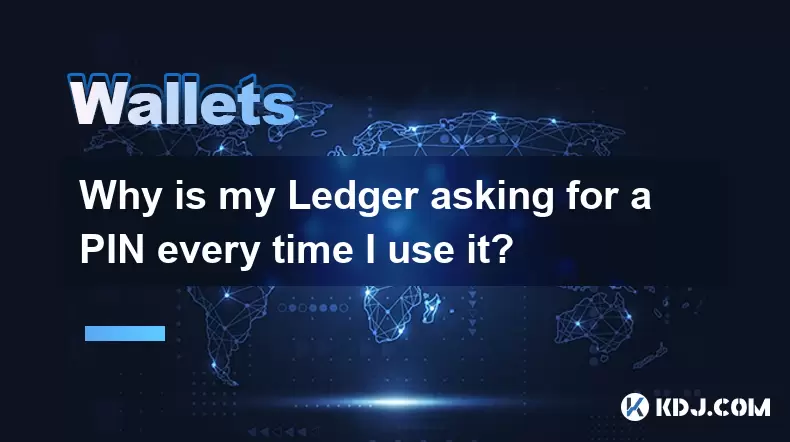
Why is my Ledger asking for a PIN every time I use it?
Jul 08,2025 at 11:21pm
Understanding the Purpose of the PIN on Your Ledger DeviceThe PIN (Personal Identification Number) is a crucial security feature built into every Ledg...

How to connect Trezor to Rabby wallet
Jul 09,2025 at 05:49am
What Is Trezor and Rabby Wallet?Trezor is a hardware wallet developed by SatoshiLabs that allows users to securely store their cryptocurrency assets o...

What happens if I forget my Trezor passphrase
Jul 09,2025 at 03:15am
Understanding the Role of a Trezor PassphraseIf you use a Trezor hardware wallet, you may have set up a passphrase as an extra layer of security beyon...

How to use Trezor with Exodus wallet
Jul 09,2025 at 12:49am
Connecting Trezor Hardware Wallet to Exodus Software WalletTo use Trezor with Exodus wallet, users need to connect the hardware wallet to the software...

How to safely dispose of an old Ledger device?
Jul 09,2025 at 06:57am
Understanding the Risks of Disposing of a Ledger DeviceWhen you decide to dispose of an old Ledger device, it's important to understand that this is n...

How to view my NFT collection connected to my Ledger?
Jul 09,2025 at 07:35am
Understanding NFTs and Ledger Wallet IntegrationNon-Fungible Tokens (NFTs) have become a popular way to represent ownership of digital assets on the b...

Why is my Ledger asking for a PIN every time I use it?
Jul 08,2025 at 11:21pm
Understanding the Purpose of the PIN on Your Ledger DeviceThe PIN (Personal Identification Number) is a crucial security feature built into every Ledg...
See all articles


























